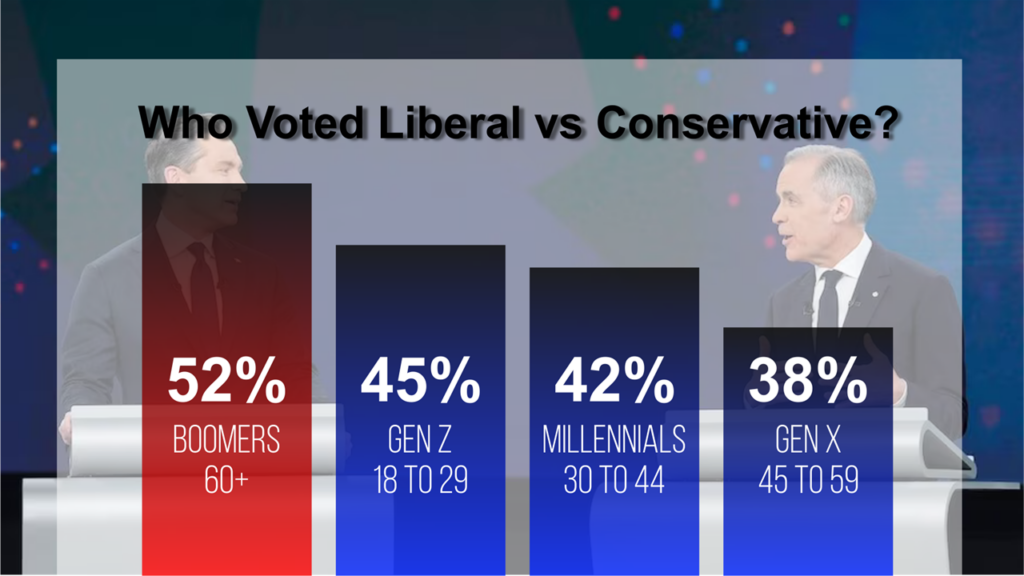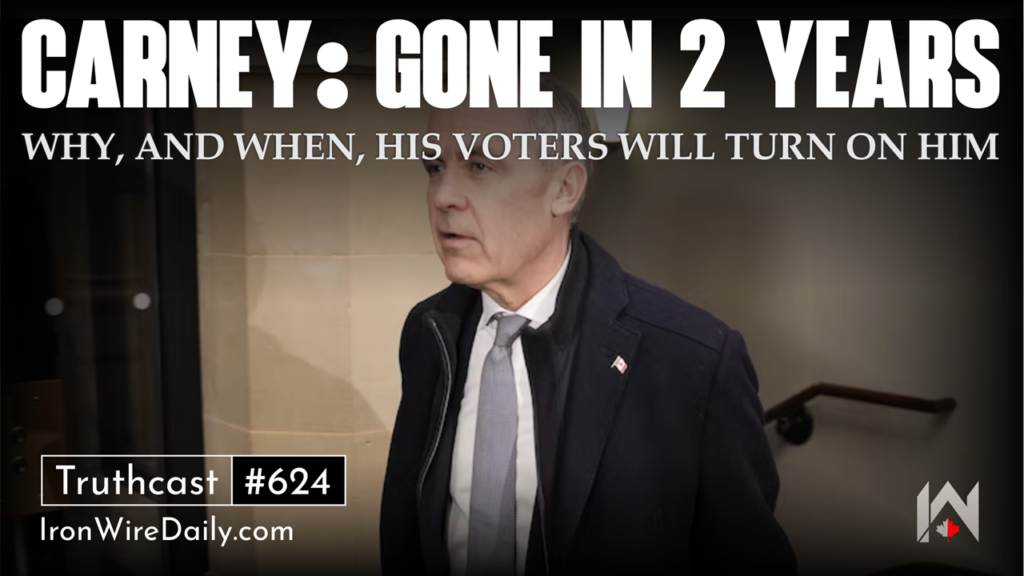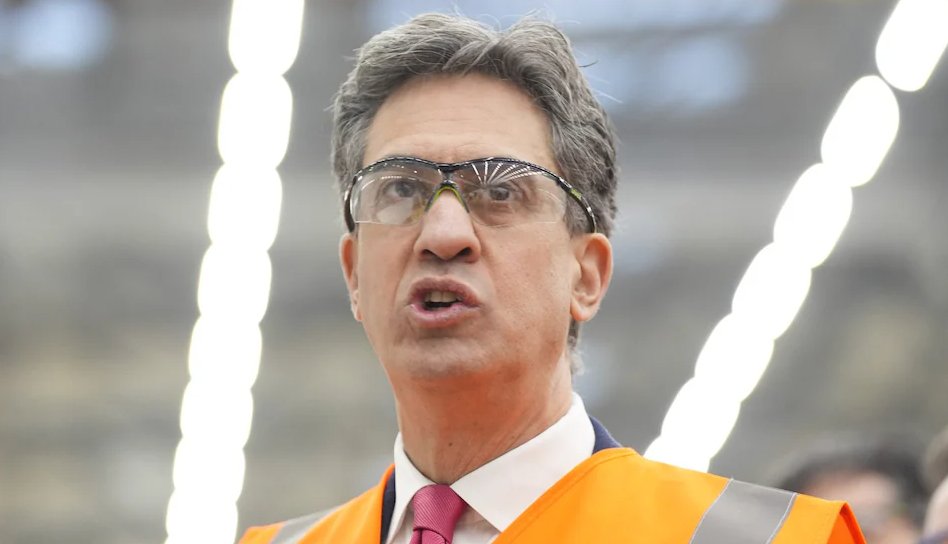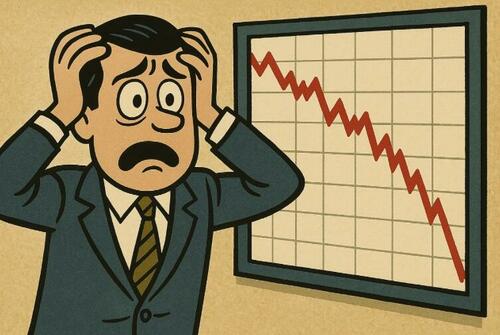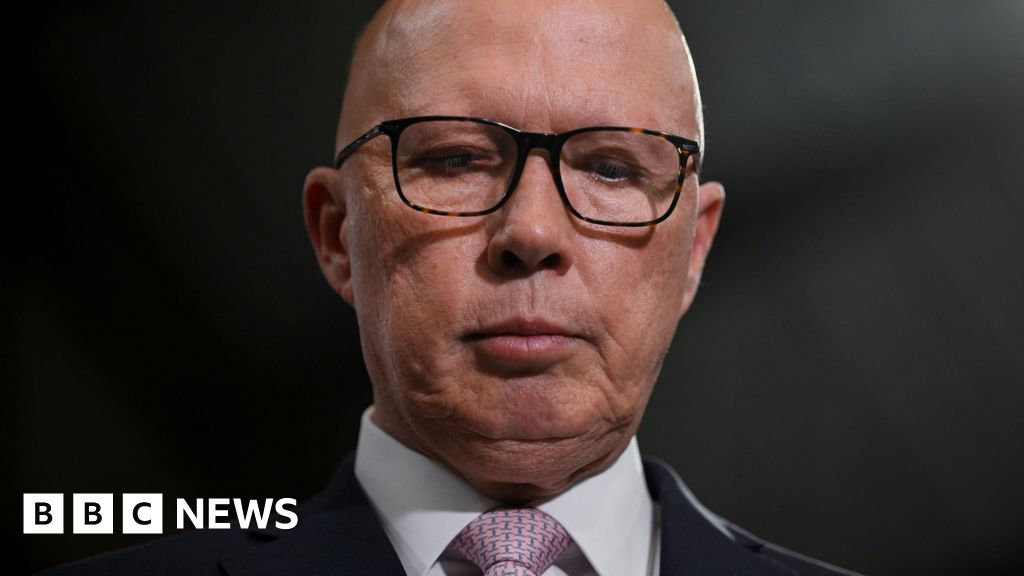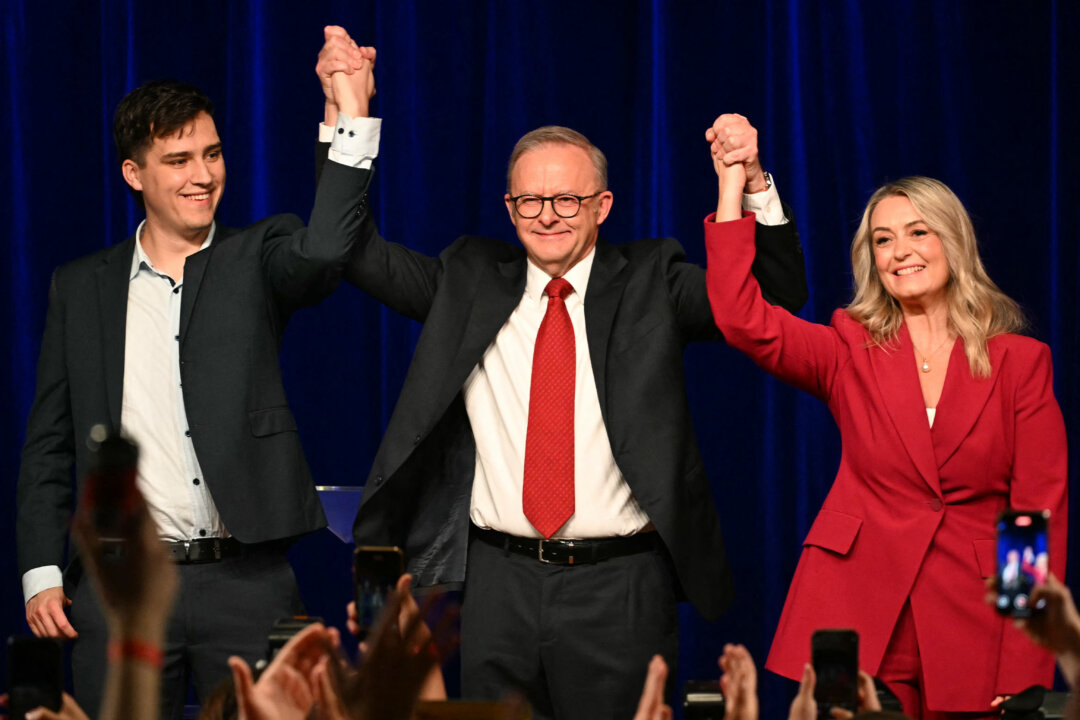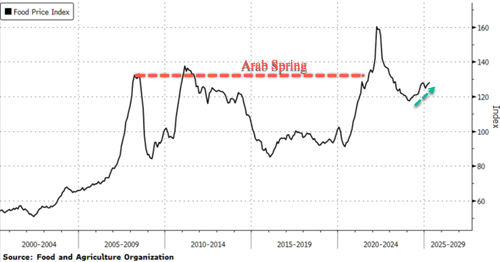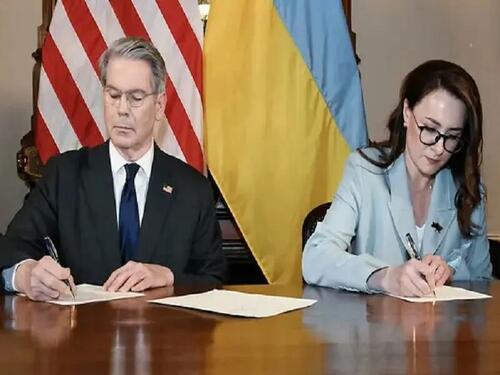Making Sense of Trump’s Tariffs – The Daily Sceptic
Trump’s entire political history is a cautionary tale against confusing elite and media fury for heartland sentiment. A certain strategic coherence and a common tactic unite Trump’s domestic and foreign policies in pursuit of the overarching goal of making America great again. The bigger concern is not that there’s no method to his apparent madness, but that the implementation of his ambitious national and international agenda could be imperilled by incompetence and bumbling, as with the amateurish use of Signal chat groups for highly sensitive discussions.
There are three components to each of Trump’s domestic and foreign policies that he is pursuing with a sense of urgency with wounds still raw from how the DC swamp-dwellers derailed his first term. Domestically, he is dismantling Net Zero, DEI and gender self-ID policies that have imposed exorbitant tax, regulatory and compliance costs on American consumers, producers and institutions. They have also deepened identitarian divisions and conflicts that threaten to destroy social cohesion and unleash an orgy of national self-abasement. Internationally, he wants to step back from forever wars that have taken a heavy toll on American blood and treasure, distribute the burden of defending Western interests and values more equitably among allies – J.D. Vance is surely right to say that being a ‘permanent security vassal’ of the US is neither in its nor their interest – and reverse the decades-long drift into globalisation and globalism that have deindustrialised America and ‘Gulliverised’ its freedom of action in world affairs with normative restraints. Mass immigration is a seventh on-border pathology that straddles domestic and foreign policy. Between them, the suite of domestic and international policies will, he believes, restore national pride and identity, stop America being ripped off by security and trade partners, re-shore manufacturing capacity and re-establish America as the word’s most powerful industrial and military power.
This is where the paradigm-shifting tariffs come in. Benjamin Brewster is credited with having written in the Yale Literary Magazine way back in February 1882 that “in theory there is no difference between theory and practice, while in practice there is”. In orthodox economic theory, free trade and globalisation create winners all round. In practice, they’ve created winners and losers, widening inequality both within and among nations. ‘Free’ trade has rewarded ‘everywhere’ elites even while its prescriptions have immiserated the ‘nowhere’ folks and denuded America’s manufacturing strengths. The inequitable distribution of the burdens of globalisation has shredded the social contracts between governments and citizens. People are citizens of nations, not of economies. Nationalism requires the prioritisation of citizens over business. Policies that enrich Chinese while impoverishing Americans, that make China stronger while hollowing out America’s industrial-cum-military might, are the antithesis of this foundational social compact.
Trump’s instinct may well be right that globalisation had shifted the trading balance to America’s net disadvantage and the new equilibrium that eventually settles after his rupture of the existing world trading order will reposition the US to recover lost ground. The WTO, for example, has proven to be not fit for purpose in enforcing fair-trade rules on a predatory non-market economy of China’s size and a mercantilist bloc like the EU. Time will tell if the punitive tariffs are a ‘shock and awe’ negotiating tactic to recalibrate the trading order or an attempt to compel trading partners to capitulate to arbitrary US demands. Trump is taking an audacious gamble that efforts by others to threaten American financial primacy as they de-risk from the US by diversifying to other markets and suppliers will quickly run into hard limits. Besides, how many countries will, if pushed to the choice, opt for long-term strategic dependence on China rather than the US? Will we? The scramble for bilateral deals with Washington, by countries that hold weaker trade cards than the US and are rushing to placate Trump, may prove a harbinger. For example, hit with 18% tariffs, Zimbabwe has suspended tariffs on US goods in order to build a ‘positive relationship’ with the Trump Administration. And the administration has worked the miracle of converting British PM Keir Starmer into a champion of free speech and increased defence spending while cutting health and foreign aid spending.
Michael Pettis of the Carnegie Endowment for International Peace, writing in Foreign Affairs on April 21st, notes that the world trading order became increasingly cumbersome as countries externalised domestic economic imbalances into trading imbalances through a complex maze of tariffs, non-tariff barriers and subsidies. Trump’s policies aim at the transformation of this global trade and capital regime that subordinated the needs of individual economies to the demands of the global system. A new equilibrium of individual and global needs could result in better-balanced economic growth, higher wages and trade parity.
The centrepiece of Trump’s international policy is that the biggest strategic threat comes from China’s rise as an economic and military power. His vision for a Ukraine peace deal is, depending on one’s ideological predisposition, a concession either to on-the-ground realism or to Putin’s expansionism. Regardless, a key motivation undoubtedly is to engage in a reverse Nixon manoeuvre and detach Russia from China. Treasury Secretary Scott Bessent has made clear that Washington wants to isolate China by getting other countries to limit China’s involvement in their economies in return for US concessions on tariffs. The official White House website that now points to the Wuhan lab as the most likely source of the Covid virus leak may well have the same strategic goal of isolating China. The redoubtable Victor Davis Hanson explains that “the one common denominator” linking Trump’s policies from his interest in Panama, Greenland and Ukraine, to opposition to Net Zero and DEI is the worry that China’s modern-day mercantilism is replicating Japan’s East Asian Co-Prosperity Sphere from the 1940s that had targeted the Western Allies. Trade parity is essential to counter that. China may be ascendant and the US static, he concedes. But the US still leads on most key metrics. To Trump’s mind, perpetuating US global pre-eminence requires “fiscal discipline, secure borders, merit-based education, energy development” at home and a disengagement from distracting wars that don’t entail vital US interests, a recalibration of security alliances and a realignment of trading patterns abroad.
The risk of the vertiginous, mutually escalatory tariffs is that they will provoke a new Cold War that could spiral into an armed conflict between the world’s two economic giants. The Covid years demonstrated US and indeed global dependence on long supply chains that stretch all the way to China and are vulnerable to disruptions by unforeseen events but also policy choices by Beijing. Self-sufficiency in manufacturing and industrial capacity, including armaments, is critical to sustaining and prevailing in economic and military warfare.
If China is indeed the biggest strategic threat confronting the West, then breaking dependence on China for critical supplies in favour of autarky becomes an economic price worth paying for the defence of freedom and sovereignty.
Ramesh Thakur is a former United Nations Assistant Secretary-General and Emeritus Professor in the Crawford School of Public Policy, the Australian National University. This article was first published in Spectator Australia.
